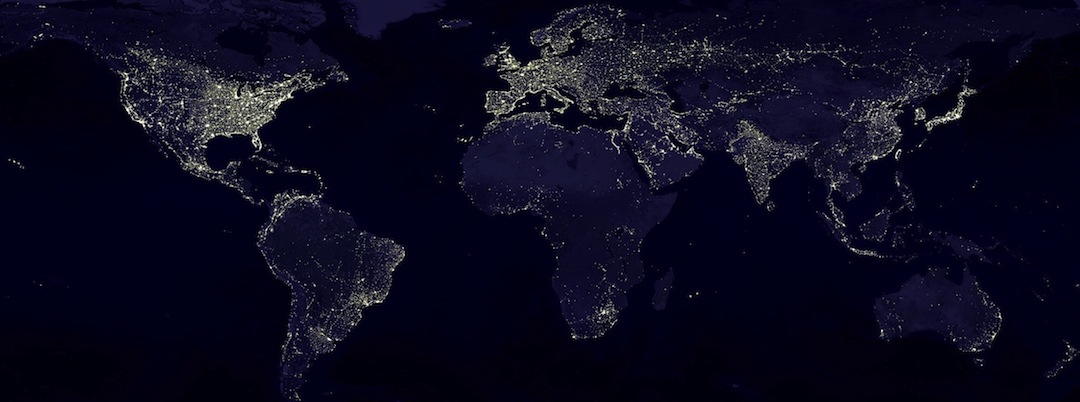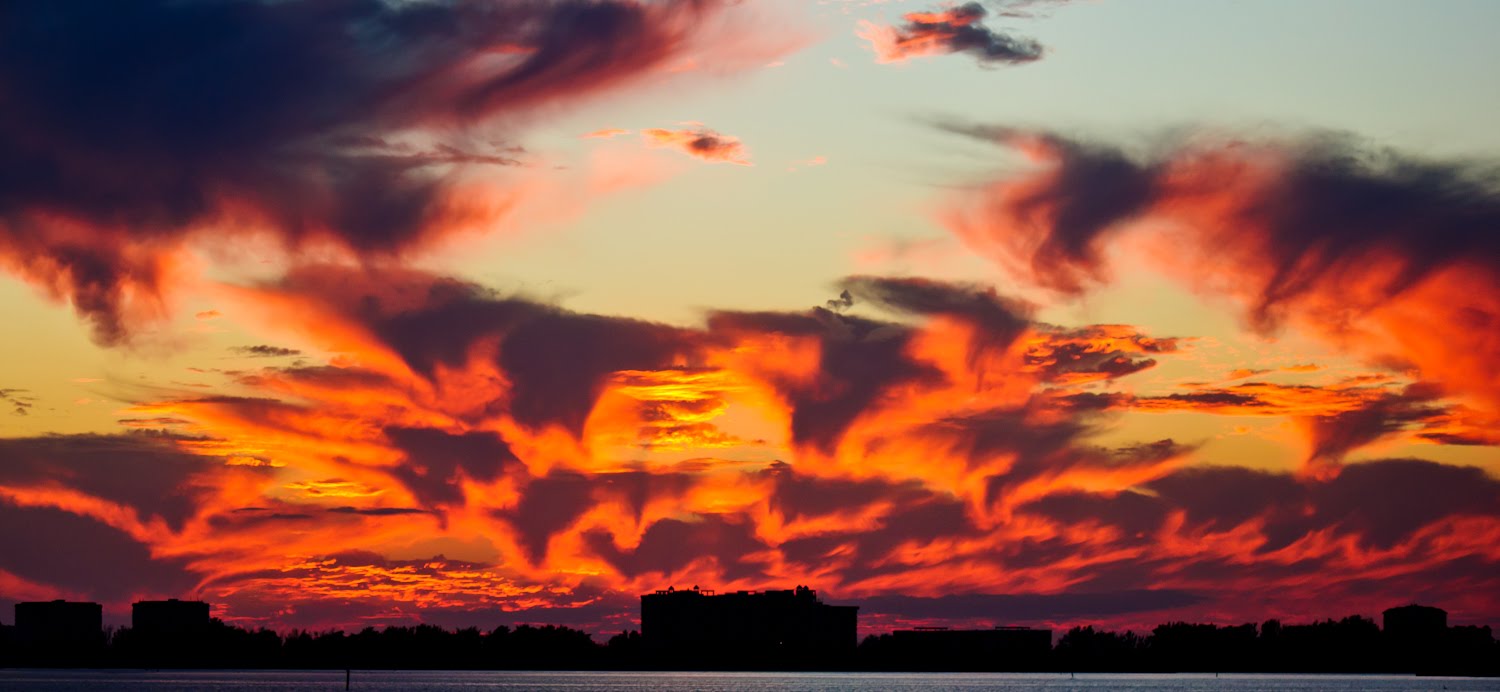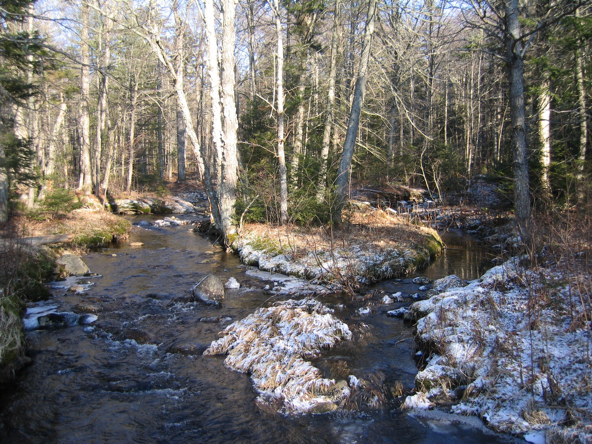| Book Notes
|
||
Mckibben, Bill. The End of Nature, 1989.  |
||
 |
||
 |
Introduction | |
| Part One: | ||
| Chapter
I, pp 3-45.
|
||
| entitled "A New Atmosphere"
|
||
| Chapter
II, pp. 47
- 91
|
||
| entitled "The End
of Nature"
|
||
Sunset on Sundown Bay, by William T. Ely, 2005.
America
ate more food than it grew in 1989
5
pH
and the implications for water, soil bacteria, vegetation, animals & you
7
oil like coal is a fossil fuel that drives our economies.
10
5.6
pounds of carbon for every gallon we burn / consume
11
1957 paper Revelle
& Suess
12
the chemistry of infrared absorption.
13
"a drag-race that is getting faster all the time,"
13
deforestation -- wilderness
14
pasturage for stock
15
feedback loop
17
thesis "we have substantially altered the earth's atmosphere."
18
Keeling
curve
19
models, doubling of carbon dioxide from pre-industrial times, & James Hansen
20
23
¥ The warming signal was now apparent 1988 drought and 81-83
warm years
24
George
Will on Al Gore as an example of retrograde thinking
1988 problems with 1975 thinking
26
May
1989 Hansen - Congress round II
more CO-2 means more heat scientifically valid
29
"accepted scientific wisdom"
29
Potential
feedbacks are:
31-35
trees die / climate warming -- even insect infestations Woodwhell --
nuanced signs
dead trees release carbon
35
1964-1979 1/2 Vermont red spruce trees were dead
37
8%
of all German forests damaged
37
pH
of normal rainfall plummeted American West
and China
37
Ozone
loss and the meaning for ultraviolet radiation impacting photo-sensitive
38
Lovelock and the Gaia -- self-regulating
compare
to Nash nature as self willed.
40
1985 Vienna Convention
42
"staggering" effects of CO2 and Ozone hole -- on the
planet
Chapter II pp. 47 - 91
An Adirondack Mountain Stream, by Ms. M. Dearmas, 2006.
"The End of Nature"
The
sound of the chain saw breaks the silence of the woodlands...
"Ébut it does drive away the feeling that you are in another,
separate timeless, wild sphere."
47
We
have changed the atmosphere, and that will change the weather."
47
"and a walk in the woods will be changed."
47
"An
idea, a relationship, can go extinct, just like an animal or a plant."
"it turned out that the carbon dioxide...we were producing in
our pursuit of a better life....
could change the patterns of moisture and dryness, breed
storms in new places, breed deserts."
"...but the meaning
has already changed.
The
argument that nature has ended is complex;
49
Bartram
found vigorous beauty,
50
Paul
Brooks Speaking for Nature, wilderness
had a negative imagery until 1800s
50
Such
Visions of the world as it existed outside of human history became scarcer with
each year that passed.
Bob
Marshall 1930s
52
"Marshall
was very near the
last to see surrounding unpolluted even by the knowledge that someone had been
there before."
53
"But
still we feel the need for pristine places, places substantially unaltered by
man."
The
Arctic National Wildlife Refuge is ANWR
55
'deep-rooted desire for pristine places is the decision...to
legislate 'wilderness'
"life ... untrammeled by man"
55
"not easy to segregate wilderness" – large tracts
of land remote and unadulterated
DDT
Carson
56
"This
idea of Nature is hardy"
57
57
"But
now the basis of that faith is lost."
58
In
the far reaches of the arctic "what its supposed to be ,
or whether , thanks to the extra carbon dioxide, you are standing in the
equivalent of a heated room."
"but he won't ever see a natural stream."
60
"Not
man! Nature!
"spoiled by the maggots that work in the mind"
E.B.White on Gardens and nuclear fallout in the 1960s
61
62
(53 class edition)
"Thoreau,
complaining about the logging that eventually destroyed...hide its
nakedness" from deforestation 1840s-50s
62
"first huge rupture
in the globe's history"
63
| Contents | PART | Pages |
xv |
||
| Part I | The Present | |
3 |
||
47 |
||
| Part II | The Near Future | |
95 |
||
139 |
||
171 |


